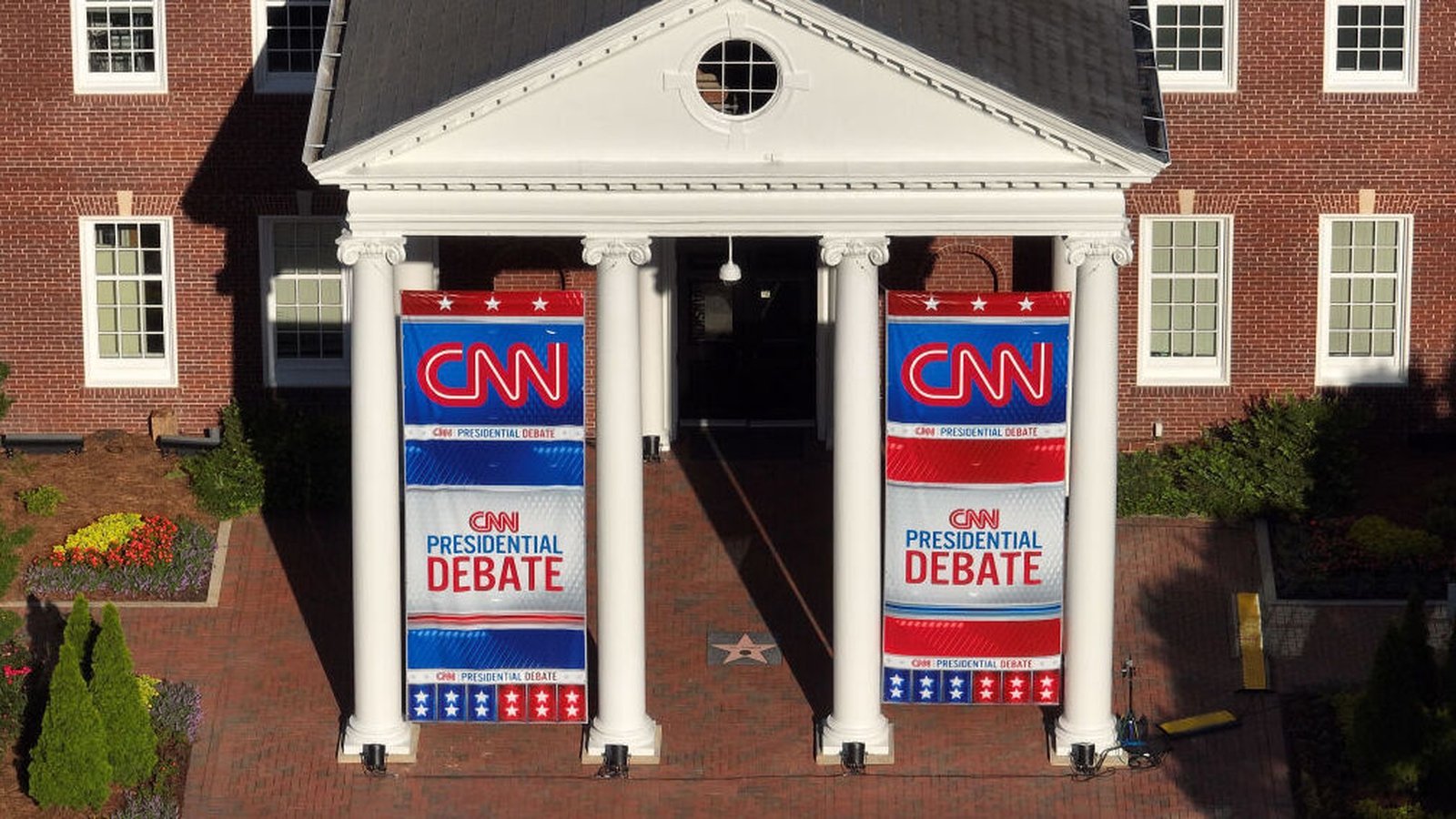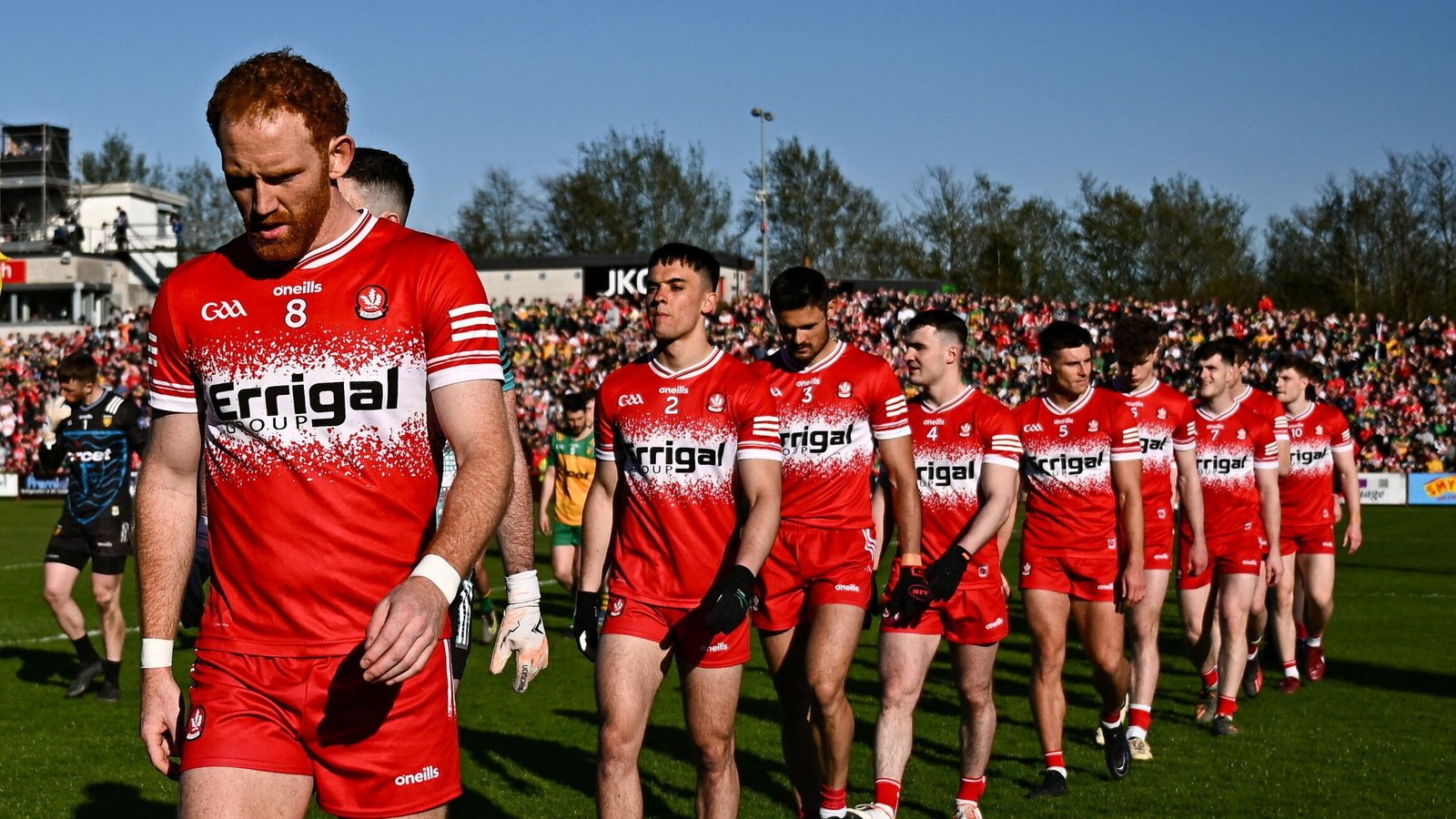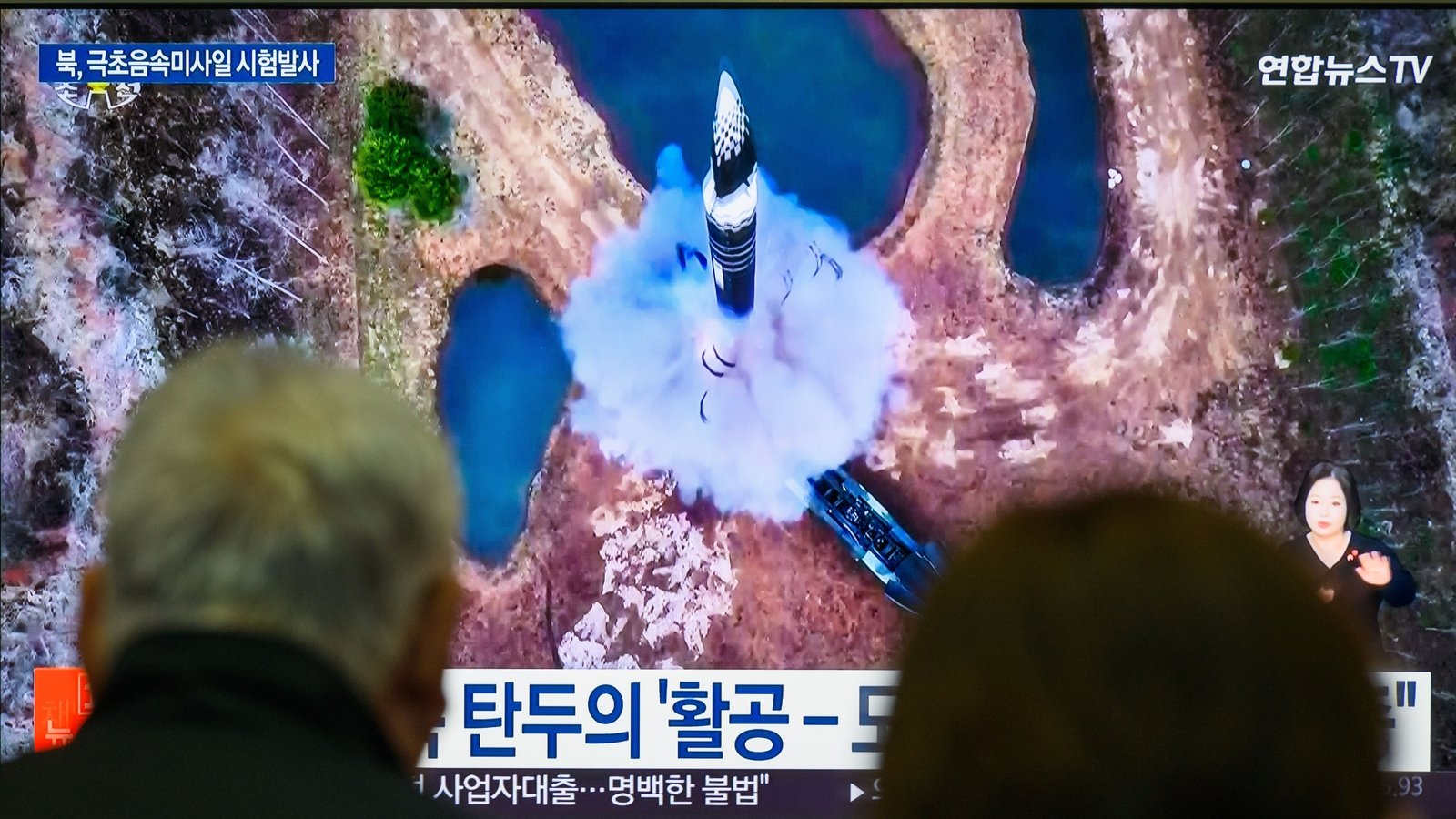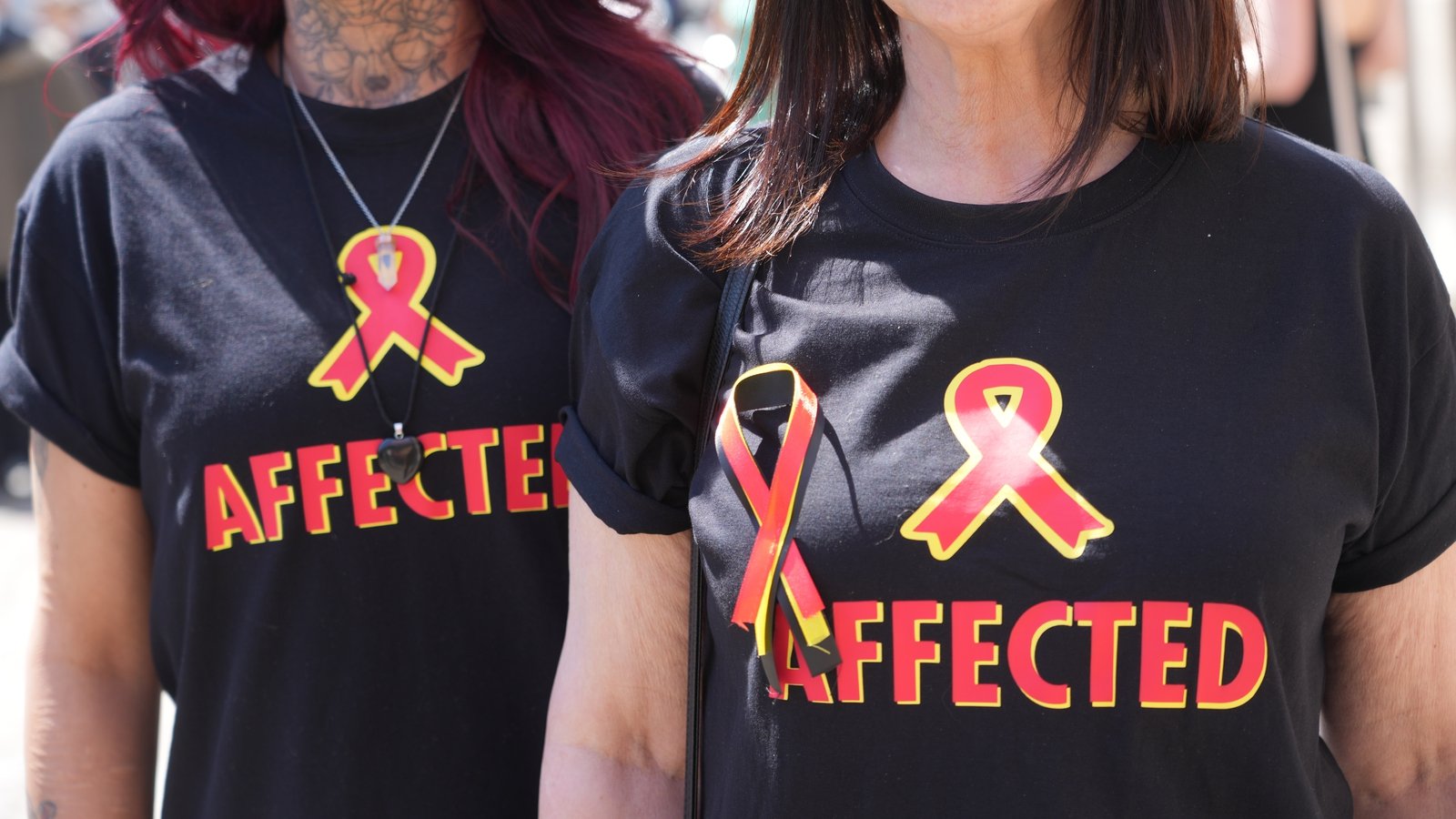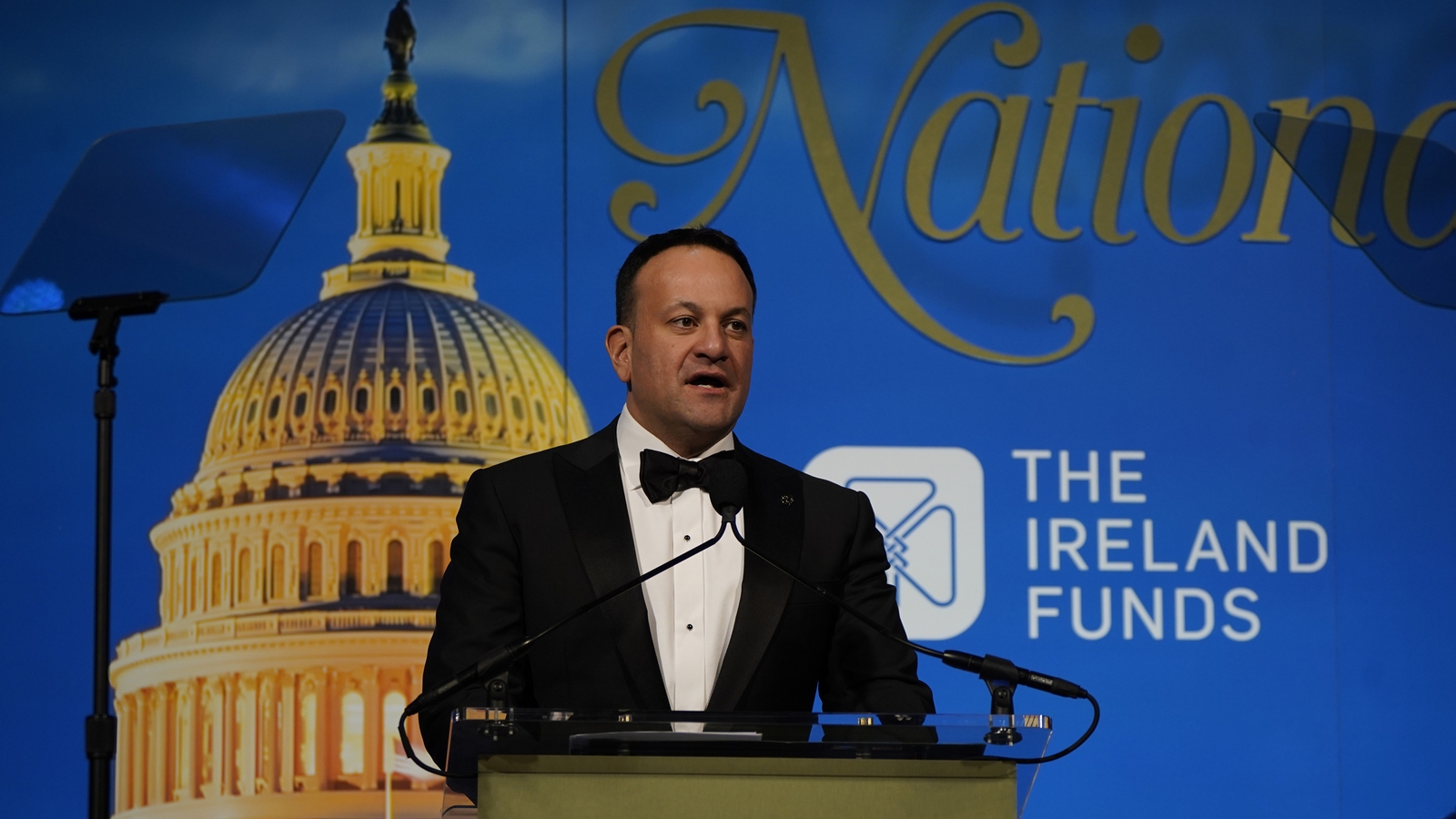Five things to look out for in June’s European elections
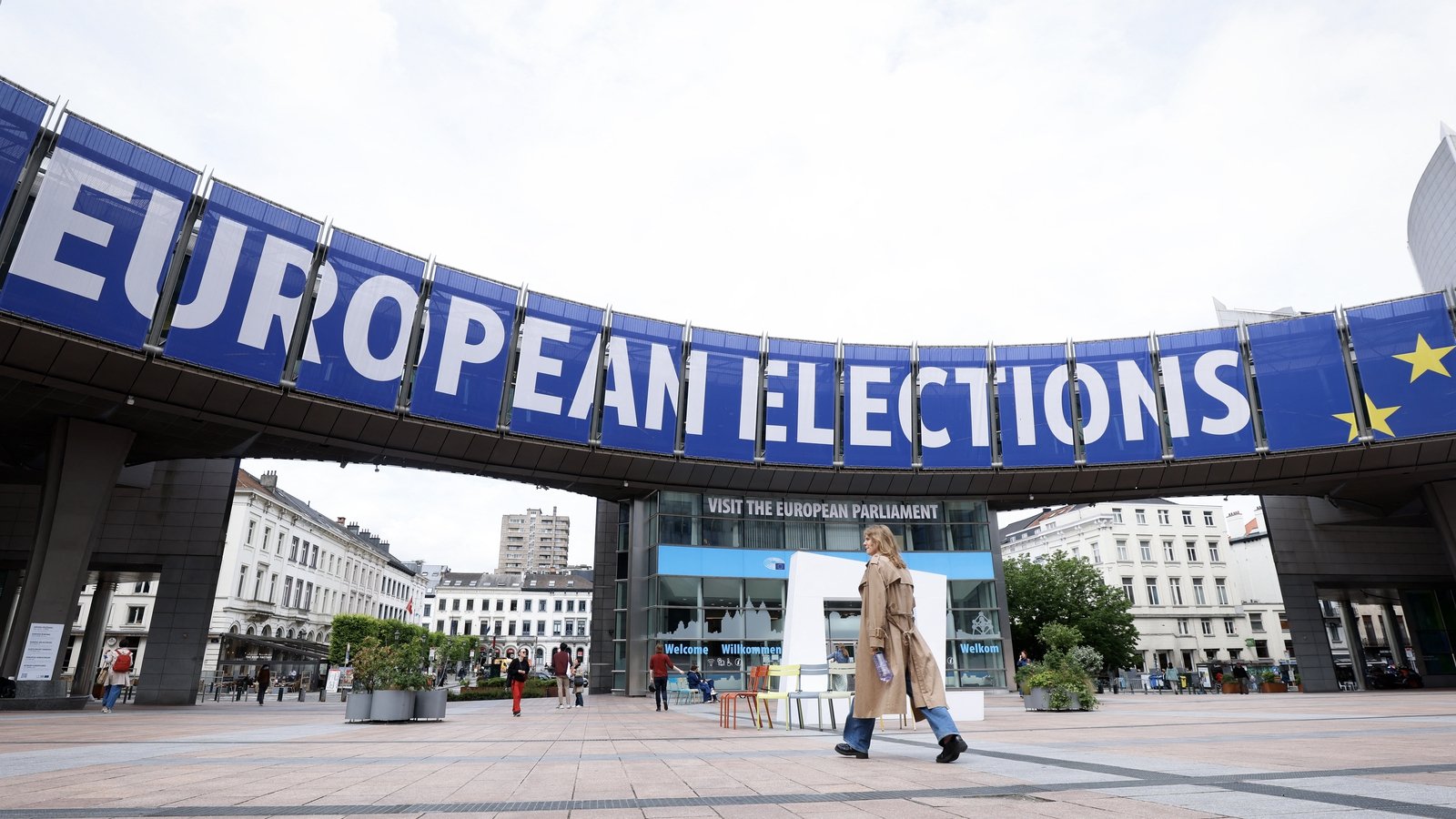
Thousands of kilometres have already been racked up as candidates travel their vast constituencies in the hunt for seats in the European Parliament elections on 7 June.
Although turnout is often low for European elections and they do not always gain the same traction as general election campaigns, they can tell us a lot about the state of Irish politics.
Here are five things to look out for.
Immigration woes
Tent cities in the capital, arson attacks on accommodation centres around the country and a shortage of spaces to house International Protection applicants have all provided a tense and uncertain backdrop to these elections.
While migration was a significant issue for other countries in the last European elections, this is the first time it is a dominant electoral issue in this country.
Ask any canvasser or politician knocking on doors and they will tell you it is the number one issue being raised.
But views are varied and complex – from those who are all out anti-immigrant and think that the flow of migrants coming into the country has to be stopped altogether, to those who have concerns around local services and the impact that housing migrants has on tourist accommodation in towns that are dependent on the sector.
Despite the topic submerging everything else in politics right now, parties and candidates are finding it difficult to gauge just how decisive the issue will be when ballots are cast.
There are candidates running on anti-immigrant platforms, to various extents, in all three constituencies – mostly as independents.
But the main parties have been hardening their stance on the issue as the election approaches and there has been a step change in Fine Gael policy under its new leader, Simon Harris.
While right wing and anti-immigrant candidates are expected to make gains across Europe, will it be the same here?
Or will the “firm but fair” message of the main parties absorb a lot of the votes on the issue?
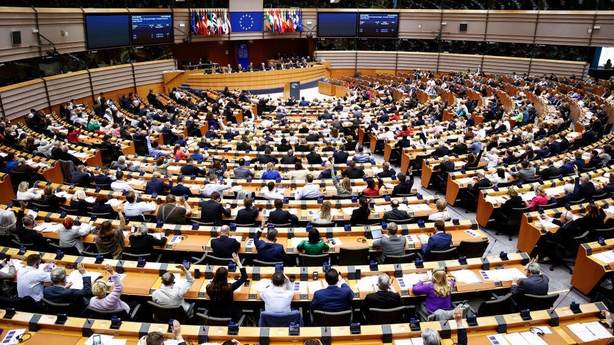
Creeping Euroscepticism
All politics is local, as the saying goes, and European elections are rarely about European issues.
But with so much upheaval in the past five years – a global pandemic, two major wars, huge migration and refugee pressures and climate change – this time, all politics is global.
“There is all this talk about Europe dictating everything,” says one candidate.
“It’s mostly stuff that is picked up online and a lot of it is completely inaccurate.”
Those canvassing in all constituencies concur.
Some of this sentiment is aimed at the EU’s environmental rules and green transition, which farmers across Europe say have burdened them with costs and bureaucracy that producers outside of Europe do not face.
Other voters are not shy about raising their dissatisfaction with the EU’s response to the ongoing death and destruction in Gaza, which has sparked tensions between member states.
But the biggest driver of anti-EU sentiment is the issue of migration, according to a number of candidates.
With its recently agreed Migration Pact, which hardened as the process of forming the policy evolved, the EU itself has moved its policy more to the right.
This was an attempt to stave off an electoral threat from the far right.
But concerns are being raised on doorsteps that this is Europe taking more control of the issue.
Irish people still retain a highly positive attitude towards the EU according to successive opinion polls.
But could a changing political climate, driven by global factors and exacerbated by social media, begin to chip away at this?
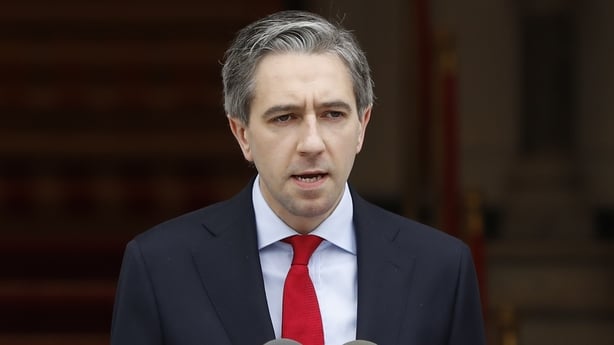
Harris hopes
There are just six weeks between Simon Harris taking on the role of Taoiseach and his first electoral test.
When he became the uncontested leader of Fine Gael, he said he planned to visit every county in the country in that time frame.
And he has put in an energetic ground campaign, visiting Kerry and Limerick this weekend.
The new Taoiseach has enthused Fine Gael teams around the country who report back that he is being received well (and delight that he has even been stopped by teenagers for selfies).
The national picture is more nuanced.
He moved speedily to try mend his party’s hand on the immigration issue, cutting the payments and entitlements to Ukrainian refugees and signaling Thornton Hall as a new site to accommodate migrants.
But the ongoing shortage of accommodation and the re-emergence of tents in parts of Dublin – days after the encampments have been removed – means these measures are unlikely to be enough to mitigate the political damage next month.
Housing is also reported to be a big cause of voter concern meaning the coalition’s message that it is getting a handle of the issue is not getting across.
For Fine Gael or former Fine Gael voters there is another big issue emerging – and that is the rising cost of running a small business.
The party’s teams are reporting back to Minister for Public Expenditure Paschal Donohoe that they are getting a lot of grief from business owners and that something will have to be done to address these concerns ahead of any general election.
At his party’s Ard Fheis in Galway – just days after he became the Fine Gael leader – he said his aim was to win back those who had previously voted for Fine Gael but had drifted away from the party.
We will have a better idea in the days after 7 June how that plan is working out.
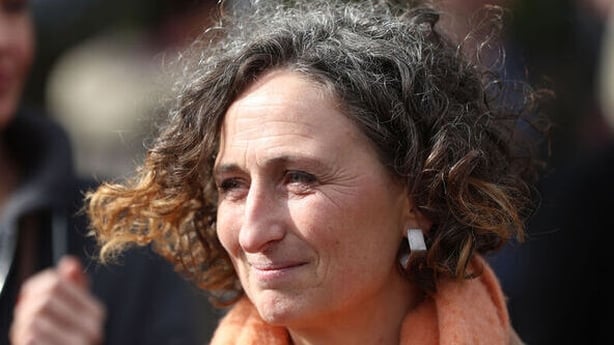
Sinn Féin’s standing
In many ways, the fortunes of Sinn Fein at the polls have been personified by the career of Lynn Boylan.
Her victory in the RDS in 2014 became the story of the European elections that year – when she went from “practically anonymous” in the words of her then party leader, Gerry Adams, to topping the poll with more than 83,000 first preference votes.
That support slumped in 2019 and she lost her seat in what was a bad day for the party.
Ms Boylan is on course to take a seat in Dublin once again.
But after the highs and lows of the past decade, all eyes will be on where the Sinn Féin vote has settled now and what that might mean for future government formation.
The party will most likely win three MEP seats (up from just one at the moment) and – with an increase in seats in the local elections- will be able to sell this as a success story.
But the key question will be whether they get the percentage of first preference votes that they got at the last general election.
Although people vote differently in European and local elections than they do in the general, all eyes will be on whether Sinn Fein’s level of support is above or below the 25% mark.
One thing to watch in particular here is what impact the issue of immigration has on the party’s support.
The recent opinion poll in the Irish Times suggested that among potential Sinn Fein voters 44% would like to see a tougher line on immigration.
Will the party lose many of these to independents?
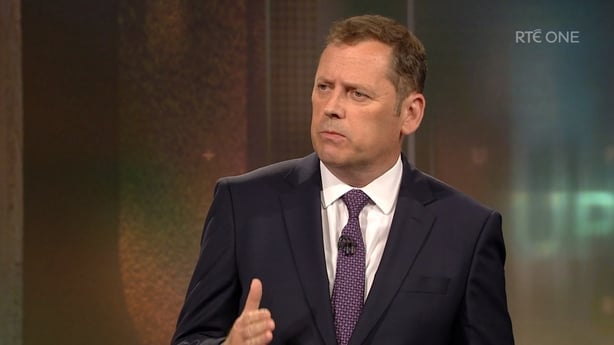
Fianna Fáil’s three card trick
Fianna Fáil is trying to take back a seat in the Midlands North West where it has not had one in ten years.
But will its bold strategy of running three candidates backfire if the vote is split?
This strategy was born out of accident more than design.
With boundary changes moving the counties of Laois and Offaly into the constituency, Barry Cowen spotted an opportunity and was the number one choice for party members at a selection.
The party wanted to add Lisa Chambers to the ticket but their plans were upended when Niall Blaney came in a close second to Mr Cowen – so they had to add both.
Mr Cowen is the frontrunner but he will need his running mates to transfer their votes from other parts of the constituency.
But that discipline does not seem to be there, with Mr Blaney claiming on Thursday night that the party is abandoning Connaught and the border counties.
Meanwhile, if Lisa Chambers comes in ahead of Fine Gael’s Maria Walsh she could benefit from the fellow Mayo woman’s transfers and be in with a fighting chance.
Either way, its high stakes for Fianna Fáil who will face tough questions if Mr Cowen does not go to Brussels.
Read more: 73 candidates declared for next month’s European election

